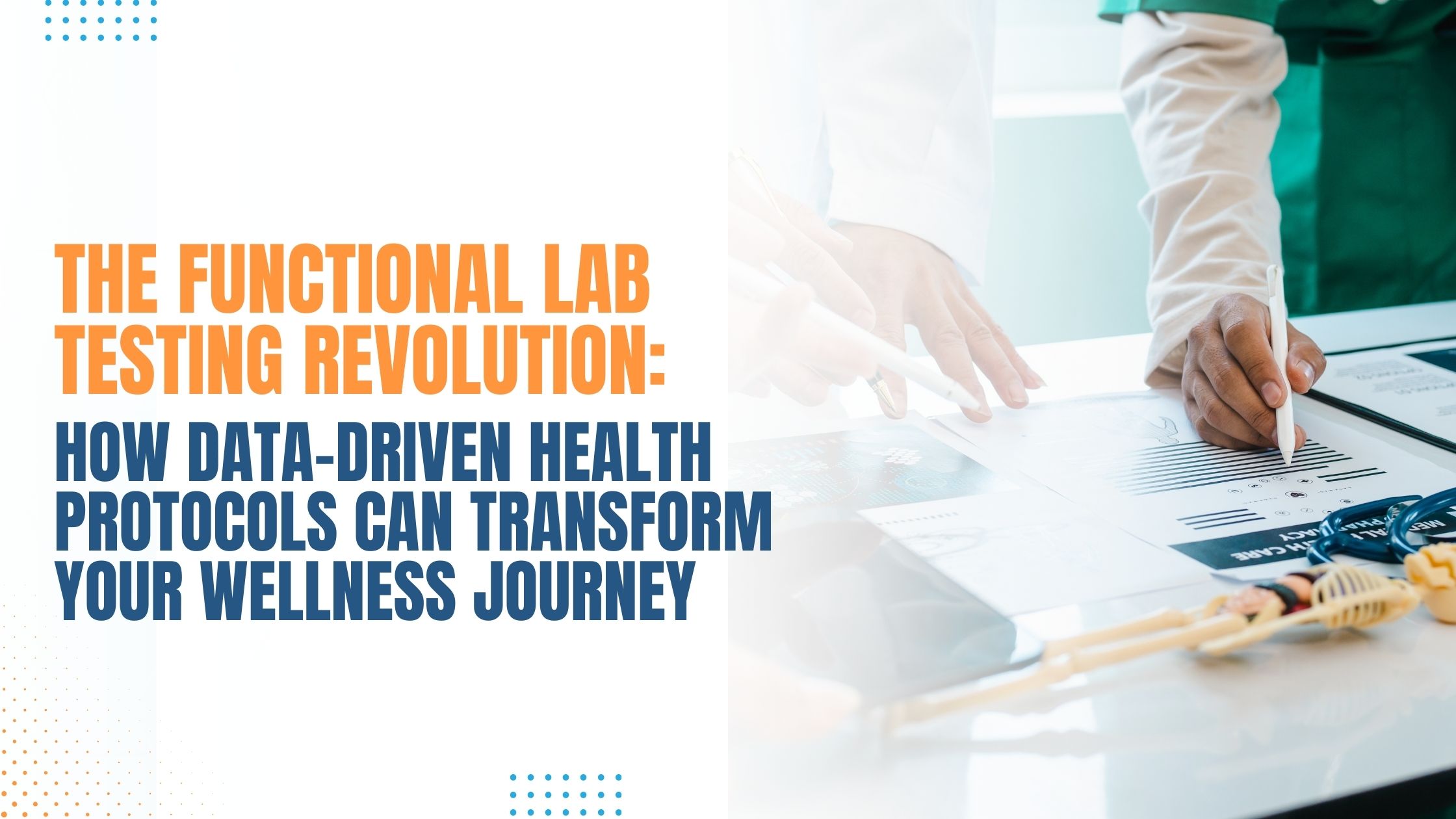We are happy to feature this guest post by one of our own Certified FDN practitioners, Cate Ritter. She is going to share some great tips on how you can improve your health by eating more mindfully. Be sure to read more about Cate and where you can find her website at the end of the article!
One of the most important nutrition improvements you can make right now is to eat more mindfully. Even without changing the foods you eat, this simple tip will have a big impact on your health and body composition goals. When you improve how you eat, you’ll naturally improve what you eat.
Eating mindfully means being fully present for each bite, chew, sip and swallow. It’s being aware of your surroundings and what’s going on inside your body. When you engage your senses, you can connect with the present moment and learn to enjoy food in a more nourishing way.
Although “being mindful” is a simple concept, it can be extremely challenging in our fast-paced culture. That’s why it’s important to practice on a daily basis. Start by being mindful of your first three bites or sips. It’s this combination of awareness and small changes that produce effective and sustainable results.
Recognize Hunger
When developing more mindful eating habits, it’s important to recognize what urges you to eat. Are you eating to physically satisfy hunger or thirst? Or are you emotionally eating to fill an area of your life that feels incomplete?
Increase Enjoyment
With endless health tips, pressure to make magazine cover meals, and a cultural obsession with analyzing food, it’s easy to find fault with what’s on your plate. Instead of enjoying food, you feel restricted with what you “should” eat and guilty about what you “shouldn’t” eat. The good news is, mindfulness makes eating enjoyable by teaching you to listen to your body instead of external sources.
Create Comfort
Set up for success by creating a comfortable dining experience. Use soft lighting, soothing music and simple table settings. An undistracted environment makes mindfulness easier, which promotes slower meals and helps prevent overeating.
Check Posture
Check your posture while you eat. Are you slouched over or stiff as a board? Find a seated position that’s upright without being overly rigid. Let go of tension by breathing deeply into your belly and relaxing your shoulders down your back.
Practice Gratitude
Take a moment before eating to give thanks for your food. Be grateful for the time, work and effort it took to get each ingredient on your plate.
Savor More
Savor each bite by engaging your senses. Notice the colors, textures, scents, tastes and sounds during meals. Put down utensils between bites and breath.
Chew Thoroughly
The act of chewing releases flavors that increase satiation and enzymes that increase nutrient bsorption. That means more nutrients with less food.
Slow Down
Check-in with your body throughout the meal and stop eating when you’re about 80 percent full. It takes about 20 minutes for the body to signal satiation so eat slowly.
Hungry for more info on mindful eating?
The Importance of Chewing for Your Digestion — FDN
Mindful Eating as Food for Thought — NY Times
The Surprising Benefits of Mindful Eating — Huffington Post
8 Must Read Books on Mindful Eating — Psychology Today
Research Behind the Concept
Research shows how mindfulness benefits patients with cardiovascular disease, depression, chronic pain, and cancer. Studies also report decreased stress levels and increased quality of life.
The principles of mindful eating. The Center for Mindful Eating website. http://thecenterformindfuleating.org/Principles-Mindful-Eating. Accessed July 10, 2016.
Praissman S. Mindfulness-based stress reduction: a literature review and clinician’s guide. J Am Acad Nurse Pract. 2008;20(4):212-216.
Kristeller JL, Baer RA, Quillian RW. (2006). Mindfulness-based approaches to eating disorders.
In: Baer RA, ed. Mindfulness and Acceptance-Based Interventions: Conceptualization, Application, and Empirical Support. San Diego, CA: Elsevier; 2006:75-91.
Kristeller JL, Hallett B. An exploratory study of a meditation-based intervention for binge eating disorder. J Health Psychol. 1999;4(3):357-363.
Kristeller JL, Wolever RQ. Mindfulness-based eating awareness training for treating binge eating disorder: the conceptual foundation. Eat Disord. 2011;19(1):49-61.
Miller CK, Kristeller JL, Headings A, Nagaraja H, Miser WF. Comparative effectiveness of a mindful eating intervention to a diabetes self-management intervention among adults with type 2 diabetes: a pilot study. J Acad Nutr Diet. 2012;112(11):1835-1842.
Daubenmier J, Kristeller J, Hecht FM, et al. Mindfulness intervention for stress eating to reduce cortisol and abdominal fat among overweight and obese women: an exploratory randomized controlled study. J Obes. 2011;2011:651936.
Dalen J, Smith BW, Shelley BM, Sloan AL, Leahigh L, Begay D. Pilot study: Mindful Eating and Living (MEAL): weight, eating behavior, and psychological outcomes associated with a mindfulness-based intervention for people with obesity. Complement Ther Med. 2010;18(6):260-264.
Carmody JF, Olendzki BC, Merriam PA, Liu Q, Qiao Y, Ma Y. A novel measure of dietary change in a prostate cancer dietary program incorporating mindfulness training. J Acad Nutr Diet. 2012;112(11):1822-1827.
Timmerman GM, Brown A. The effect of a mindful restaurant eating intervention on weight management in women. J Nutr Educ Behav. 2012;44(1):22-28.
Wansink B. Mindless Eating: Why We Eat More Than We Think. New York, NY: Bantam-Dell; 2006.
Here is more about our this weeks guest author, Cate Ritter.

Hi, I’m Cate Ritter. I’m on a mission to make the world a healthier and happier place one bite at a time. As a Certified FDN® Practitioner, I use functional labs to identify the reason behind your symptoms and then address these root causes with dietary improvements, lifestyle modifications and customized supplement protocols. Compliance-focused coaching gets you the results you deserve, while making eating healthy delicious and doable so it’s sustainable. Forget quick fixes and fad diets. They only leave you feeling frustrated and hopeless. I help you get to the source of your symptoms and eliminate them completely!
Cate’s work has been featured on ABC15 News, The Wall Street Journal, U.S. News and World Report, Golf Digest, and Golf Channel Magazine.
You can find Cate at Cate’s Nutrition Kitchen
Photo credit: © Milanmarkovic | Dreamstime.com – Young woman eat oranges







